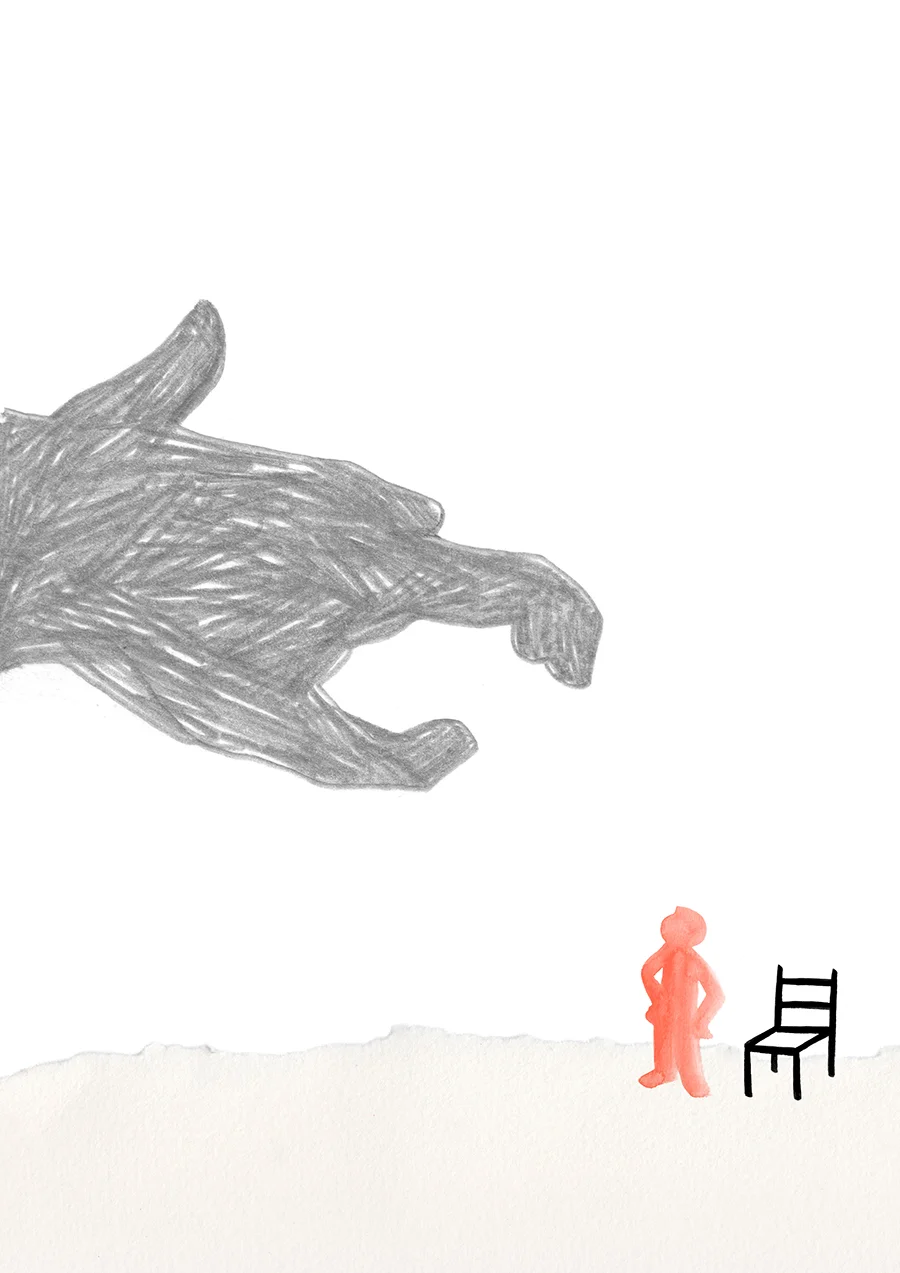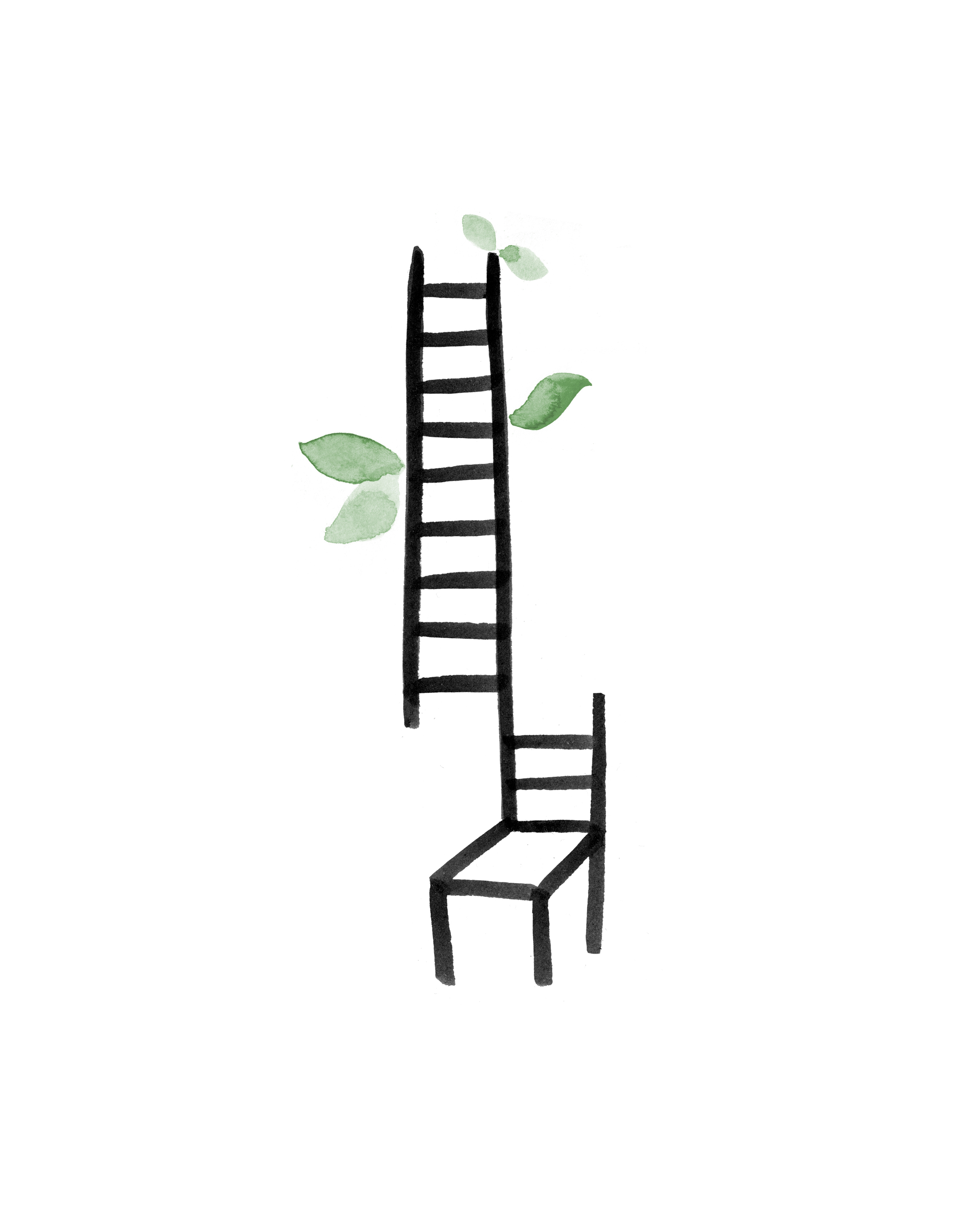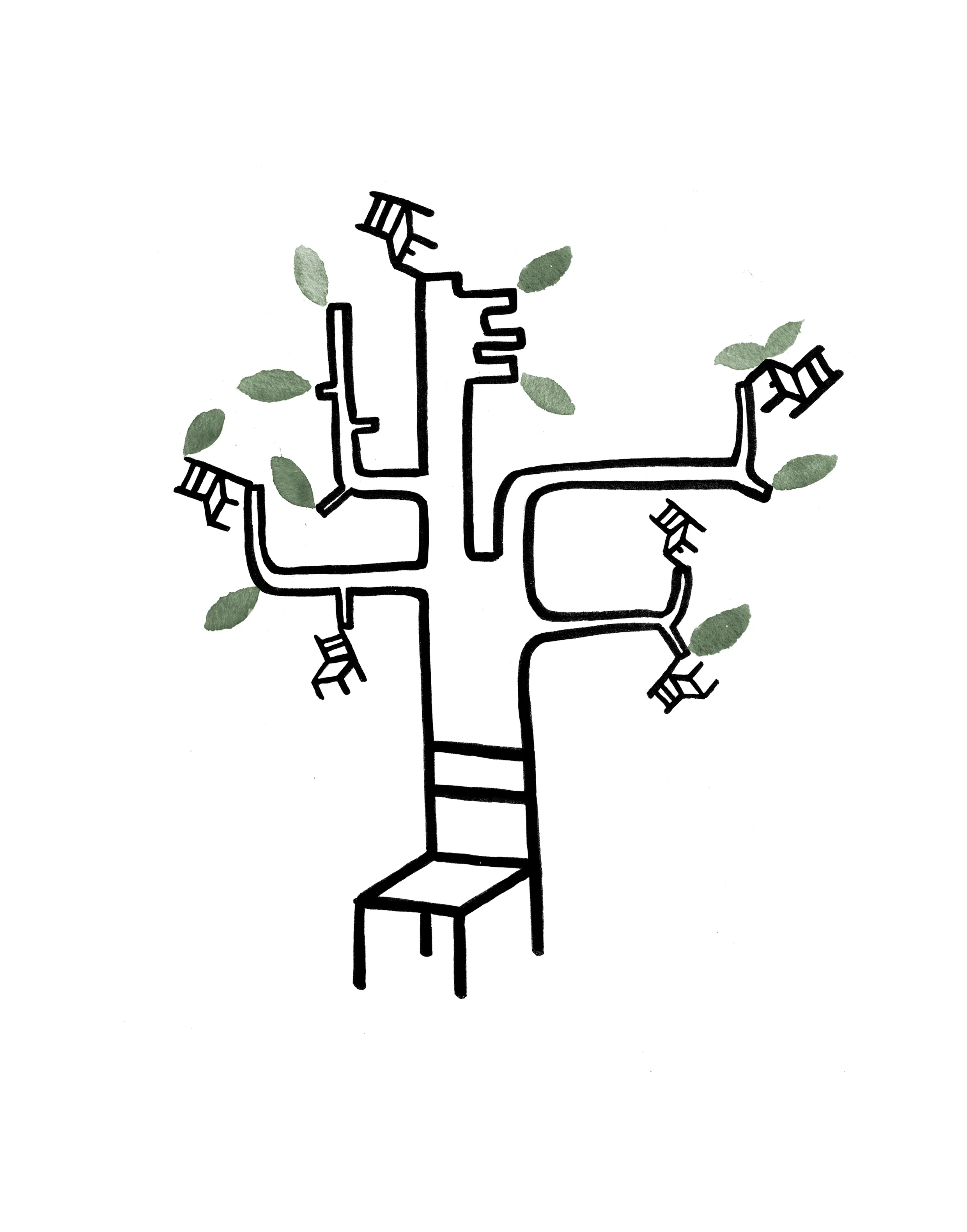Access to justice
When we think of children and justice, the first notion that comes to mind is usually one of children breaking the law. Rarely do we consider children and their right to use the legal system to protect their human rights or to seek redress when their rights have been violated. Access to justice is about recognising that children, just like anyone else, should be able to trust and use the legal system to get justice.
The artwork below accompanied our global ranking on access to justice for children, which scrutinises how the legal systems of 197 countries empower children to realise their rights or perpetuate the rights violations that they should combat
Children globally are prevented from accessing justice in many ways. Only half of the world’s countries have incorporated the UN Convention on the Rights of the Child into their legal systems, allowing children to enforce their rights directly. The rules governing how and by whom a complaint can be made commonly prevent under-18s from bringing complaints or giving evidence themselves. Courts and complaint mechanisms frequently do not have the authority or capacity to enforce children’s rights. And children often lack access to the free legal advice and assistance that they need to effectively engage with the legal system.
The foundation stone of children’s human rights in international law is the UN Convention on the Rights of the Child. However, the ultimate test of its usefulness to children is whether it can be invoked in court to uphold their rights. Our research shows the Convention can be directly enforced by judges in 48 percent of all countries, with Central and South America and Europe by far leading the way. To have full effect, the Convention should have the force of law in every ratifying State, it should take priority over conflicting domestic laws, and children should be able to invoke it in court when their rights have been violated.
To show what access to justice should ideally look like for children, we created a Eutopian State model which matched international human rights standards with the way countries around the world, with different legal traditions and cultures, have fulfilled them. We hope this model will provide a useful tool for those seeking reform to improve children’s access to justice in their country.
Related content: Access to justice (issues), A-Z index rights issues




